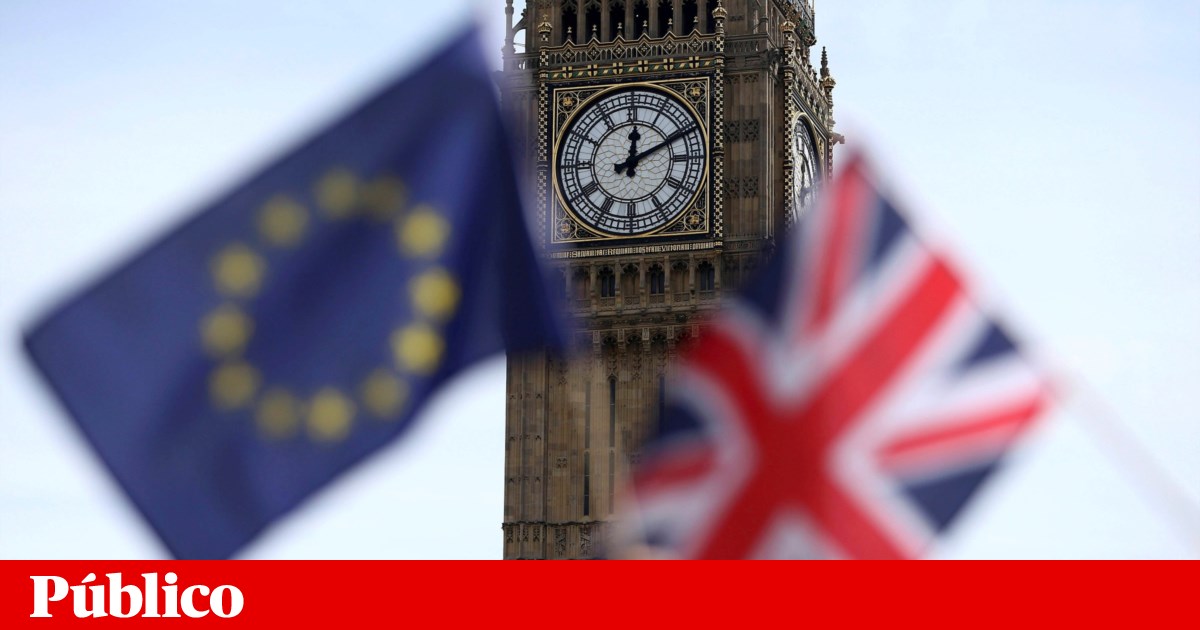
The UK will return to the Horizon Europe and Copernicus science projects after reaching a political agreement with the European Commission on British participation suspended since Brexit, it was announced on Thursday.
The deal comes after months of negotiations and will allow British researchers to apply for grants and participate in projects under the Horizonte program as of Thursday. BBC.
The European Commission revealed that the United Kingdom, as an associate member, would contribute approx An average of €2.6 billion per yearfor that Horizon Europe and CopernicusAccording to the British newspaper, the financial contribution is planned to start in January 2024 Guardian.
The British government demanded access “World’s largest collaborative research project“Horizon Europe, by the way “A customized deal with the best financing conditions“.
London has confirmed that from 2021 British taxpayers will not pay for the period they are excluded from the plans. Also, if UK scientists receive significantly less money than Britain invests, there will be an automatic refund mechanism.
Britain’s participation in the Horizon program was negotiated in 2020, but London has complained of continued delays due to disagreements over post-Brexit trade arrangements in Northern Ireland.
“The perfect deal for England”
This announcement was confirmed this Thursday by British Prime Minister Rishi Sunak, who underlined that British scientists will once again be able to apply for grants from the Horizonte programme. “We worked with our partners in the EU [UE] It opens up unparalleled research opportunities to ensure this is the right deal for the UK, and the right deal for the British taxpayer,” he said.
I have always championed our world’s leading scientists and inventors.
We join Horizon on improved funding terms, increasing benefits for UK scientists and better value for money for British taxpayers.
All UK scientists can apply today. https://t.co/NshDepRG1p
— Rishi Sunak (@Rishi Sunak) September 7, 2023
According to the newspaper, the deal is sealed. GuardianFollowing a phone call between Sunak and European Commission President Ursula van der Leyen on Wednesday night.
The British scientific community has already expressed its support for the deal. Adrian Smith, president of the Royal Society, described the announcement as “great news not just for the UK, but for scientists across the EU and for all the people of Europe”.
Paul Nurse, director of the Francis Crick Institute, said: “I am delighted to finally see that the partnership with EU scientists can continue.” Guardian. “This is an essential step towards rebuilding and strengthening our scientific position in the world. Thanks to the many researchers in the UK and across Europe who, over the years, have not underlined the importance of international collaboration for science”, he added.
“The uncertainty of the last two-and-a-half years has come to an end, which will be a relief for the whole scientific community,” said Michelle Mitchell, executive director of Cancer Research UK.
said the community administrator “This mutually agreed solution follows in-depth discussions between the EU and the UK and is beneficial for both countries“.
“The EU and the UK are strategic partners and key allies, and today’s agreement demonstrates this. We will continue to be at the forefront of research and innovation globally“Ursula von der Leyen said in a statement.
The EU is a global leader in research and innovation. #horizon Important to preserve technological edge.
Today’s political agreement on UK participation in Horizon Europe and Copernicus will strengthen science across Europe.
Looking forward to meeting…
— Ursula von der Leyen (@vonderleyen) September 7, 2023
The deal still needs to be ratified by the European Council before it can be formally adopted by the EU-UK Special Committee on Participation in EU Programs.
In addition to the Horizon project, the UK will also be an associate member of Copernicus, the European Earth observation project that provides information from satellites and other sources for future weather forecasts. However, according to the BBC, the United Kingdom will not be part of Euratom, the European Community’s program for nuclear energy, although there is a specific cooperation agreement in the field of nuclear fusion. With Lusa

“Reader. Infuriatingly humble travel enthusiast. Extreme food scholar. Writer. Communicator.”






